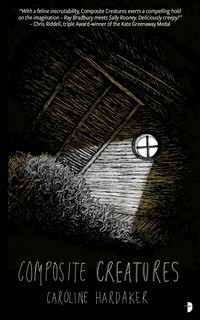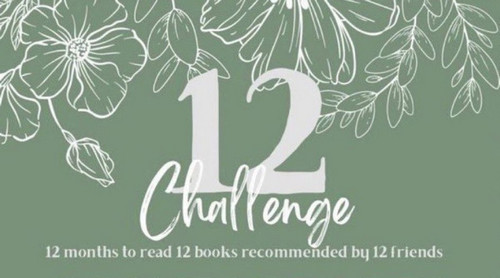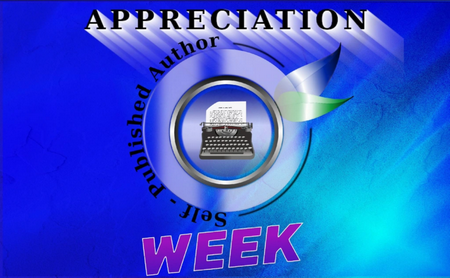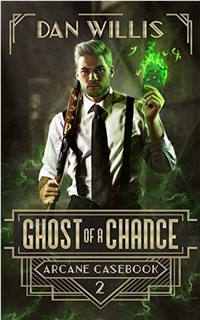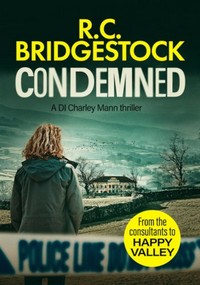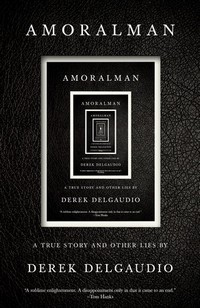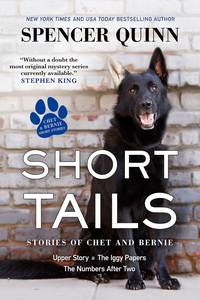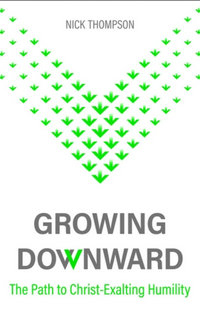 Persecution
Persecution
DETAILS: Series: DI Charley Mann Crime Thrillers, #3 Publisher: Canelo Publication Date: July 8, 2021 Format: Kindle Edition Length: 267 pgs. Read Date: August 9-10, 2022

What’s Persecution About?
DI Charley Mann is looking into a murder—one of those killings that make you despair for anyone’s humanity—and it’s a complicated case—just establishing the identity of the victim is difficult. The motive for the killing is impossible to pin down. And there’s a dearth of viable suspects.
But she and her team keep plugging away, making slow and steady progress—in a great touch of realism (as per usual for this series).
At the same time, she’s overseeing the investigation into some break-ins at a local university. Someone is breaking into the rooms of single women and staring at them while they sleep. Campus security hasn’t been paying attention to the reports until some police officers take a report seriously. The invader hasn’t crossed the line into violence, but the police know it’s only a matter of time.
There’s no evidence to support it, but Charley’s gut feeling is that these are connected. But even if she’s right, it doesn’t do her any good—she has no evidence to point to a suspect for either. There’s a break out there for her team to catch, they just have to keep working at it.
I Finally Put My Finger On It
This is the third book in the series that I’ve read, and I’ve talked about the problems I have with a lot of the dialogue. I’m not sure I’ve done the best job describing it, but I’ve tried. I think I finally put my finger on it, now.
There was something about a conversation in the first chapter that rang a bell with me, but it wasn’t for another 10-20% that it came to me: these characters—crime scene officers, PCs, detectives of all ranks—they talk like they’re in an HR training video.
If you’ve ever made it through a training video, you know what these people frequently talk like.
So, what did I think about Persecution?
This isn’t important at all, but this is a bad title. It has nothing to do with anything in the book. Really, it doesn’t matter, because most people are going to think of it as Charley Mann #3 or something like that. But, blech.
On to more substantive things—I don’t have a lot of new things to say about this book. Actually, I have nothing new to say. Like its predecessors, I really liked the story, I think the characters are interesting, and the police procedural aspects of the novel (the crime, the investigation, the twists, the original victim’s backstory, etc.) are exactly what I look for in a procedural—but the writing isn’t quite there. If Bridgestock took a little more time with the writing and editing, I’d be a huge fan.
As is, this is an entertaining enough diversion—frustrating when it misses, satisfying when it hits.

![]()



